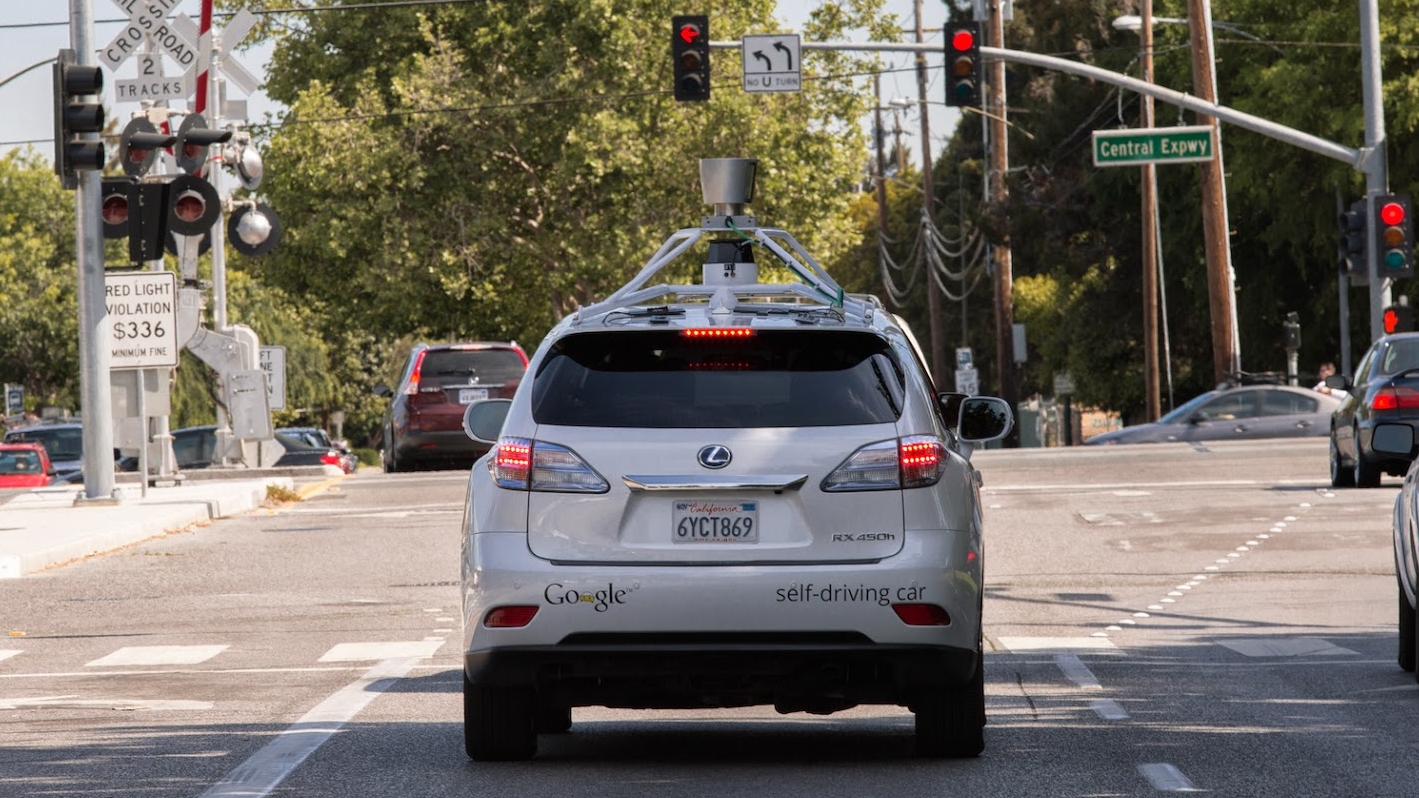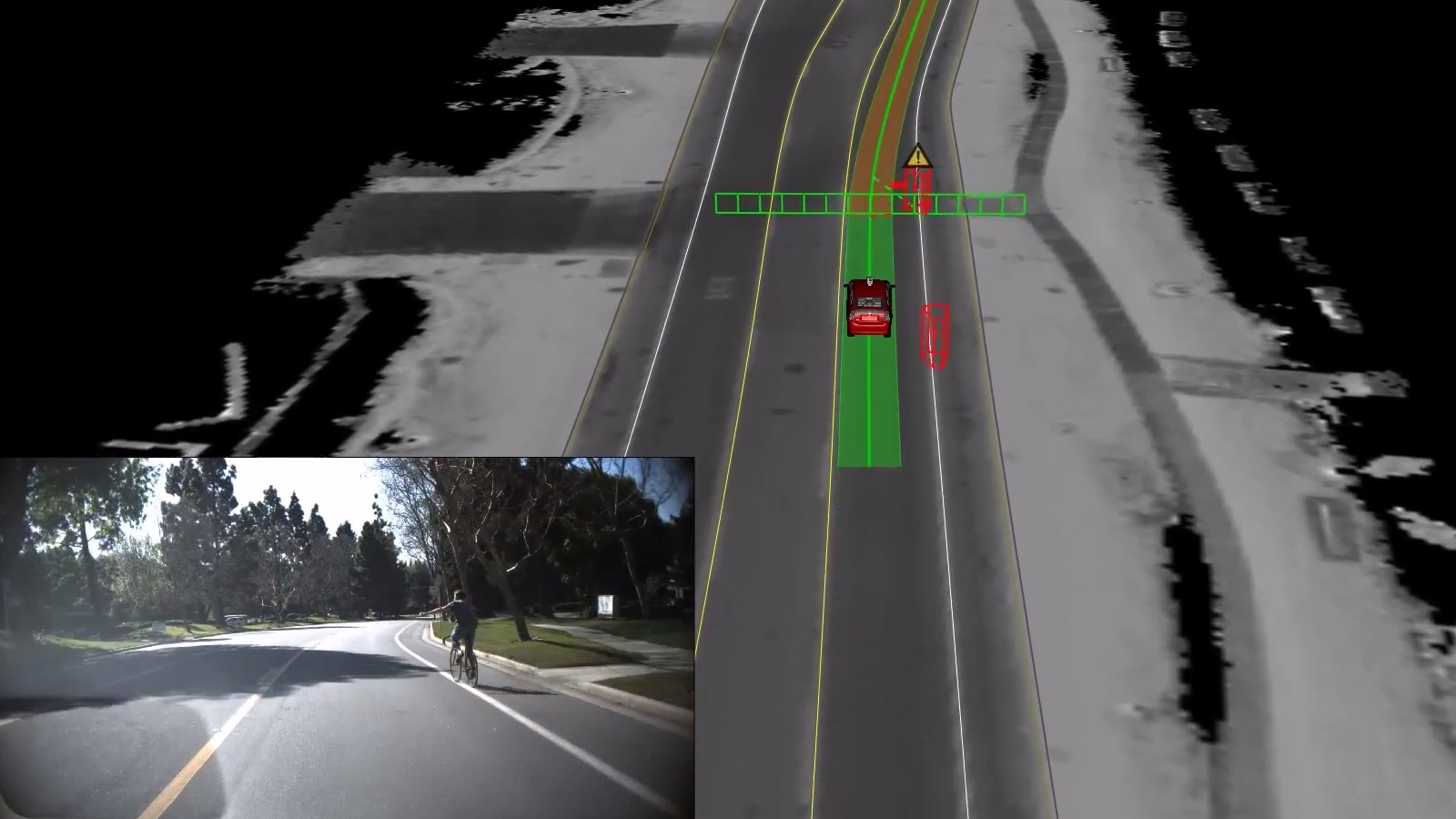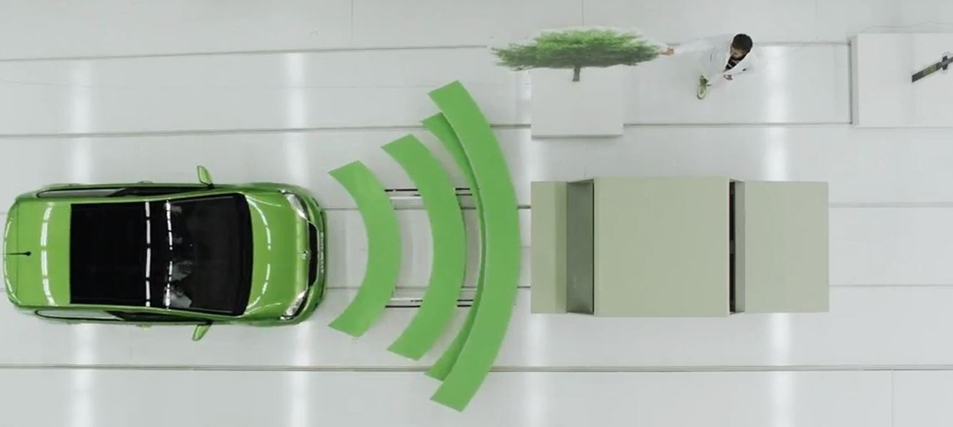Google's self-driving cars are smarter, but they're still not smart enough
It's almost time to get excited. Almost

Sign up for breaking news, reviews, opinion, top tech deals, and more.
You are now subscribed
Your newsletter sign-up was successful
We've been writing about driverless cars on TechRadar ever since we launched in 2007.
It's by no means a new idea, and seven years on the tech is still very much in the "coming soon" phase rather than the "it's here, get excited" one. But a post on Google's blog this week has shown some genuinely exciting progress.
It's now actually quite easy to make a self-driving car in terms of programming one to drive itself from point A to point B. They can even select their own route - that part of it has been well understood for a number of years.
Self-driving cars are now quite competent on US freeways where the behaviour of other cars is very predictable. But it's ensuring the car gets across a busy town in one piece and without killing anyone that holds the real challenge.
It's about teaching a car to sense in real-time the ever-changing environment of a busy road and then react to it - and to do this not just as good as a human driver would, but better.
It's in this area that Google has been making progress.
"A big part of our job is to go out into the world and uncover all the potential scenarios that a car might encounter," says Priscilla, a Google test driver in the clip below. "Then we help the engineers teach the car how to best navigate each one." Check it out:
Sign up for breaking news, reviews, opinion, top tech deals, and more.
Progress
Google's cars can now sense the vehicles around them and make judgement calls on when to go, when to stop, when to turn etc. It can see and make sensible judgement calls based on obstacles on the road, diversions and other motorists.
Each car can detect hundreds of individual objects - other cars, buses, cyclists, road signs. It can even recognise a cyclist making an arm gesture as if about to make a turn.
I think it's genuinely amazing technology and superb progress. Following these incremental improvements over the last seven years has allowed us to witness the slow growth of a fledgling idea that someday soon will fundamentally change the world we live in and the way we live our lives.
We're only a few years away from the beginning of this automotive revolution.

Benefits
Imagine a world with a million fewer road deaths every year, where the elderly and infirm have mobility and independence instead of landlocked isolation, where road congestion is a thing of the past despite more people being on the road, and all with a huge reduction in harmful emissions.
These are just the benefits we can predict, of course - the truth is that we simply can't know just how much of an impact driverless cars will have. I think it'll eventually be seismic in its impact.
What we do know for sure is that Google's fleet of driverless cars have now completed almost 700,000 miles of testing and they're getting smarter every day.
What we're yet to see is a car that can be fully trusted to operate autonomously in an unfamiliar environment. Google's testing all takes place on particular streets of Mountain View, California - a relatively controlled environment.
That means if you plonk one down in central London, it's not only going to drive on the wrong side of the road but it also won't be able to recognise street signs. London's narrow sidestreets would likely be a challenge too.
Put one in Sweden in the winter and the icy roads will utterly perplex the computerised driver. It wouldn't understand why it had no traction. Hell, taking one the short distance to San Francisco would probably be enough to bamboozle it - we're just not quite there yet.
But it is almost - almost - time to start getting exciting by this technology. Because it's certainly going to happen in your lifetime. Every car manufacturer is working on this tech, not just Google. Your grand kids simply won't believe you when you tell them how the roads used to work.
Self-driving cars on TechRadar

- Are self-driving cars really the future?
- The city that's ruled by self-driving cars
- Google wants self-driving cars by 2018
- Self-driving cars: the future of transport explained
- Volvo breaks new ground with driverless tech
- Nissan wants self-driving cars by 2020
- How driverless tech will change the world

James was part of the TechRadar editorial team for eight years up until 2015 and now works in a senior position for TR's parent company Future. An experienced Content Director with a demonstrated history of working in the media production industry. Skilled in Search Engine Optimization (SEO), E-commerce Optimization, Journalism, Digital Marketing, and Social Media. James can do it all.